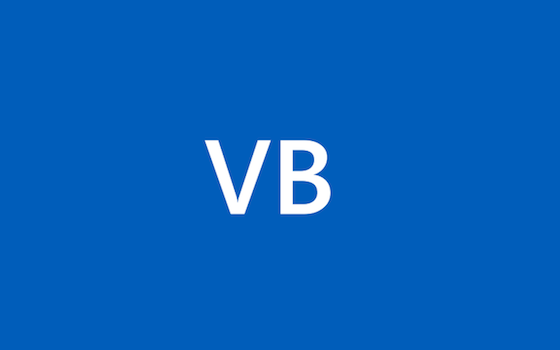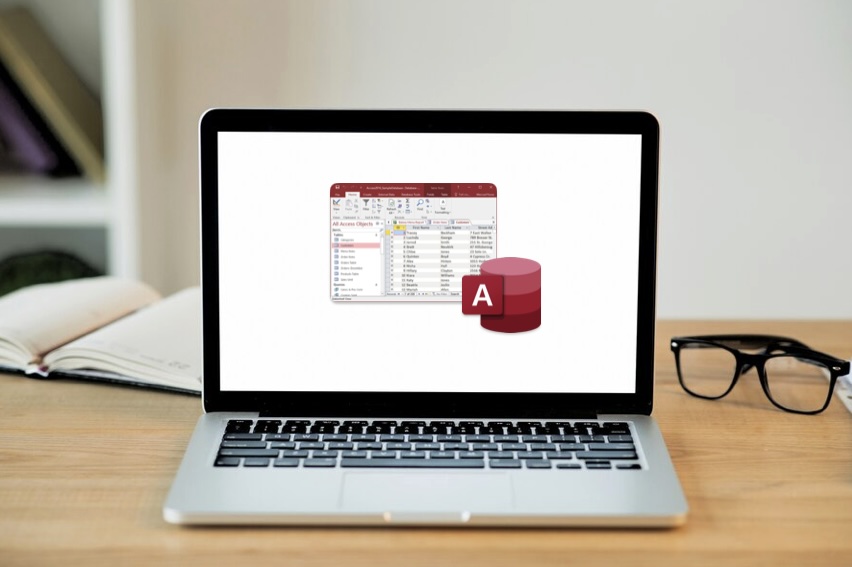Visual Basic for Applications (VBA) is an integral part of Microsoft Access, providing a powerful toolset for automating tasks and enhancing the capabilities of your Access databases. With VBA, users can write scripts to automate complex processes, create user-defined functions, and respond to events within the database environment. This introduction lays the foundation for understanding how VBA transforms data management and enhances functionality in Access databases.
Getting Started with VBA
To begin with VBA in Access, you must familiarize yourself with the VBA Editor. Access this by pressing ALT + F11 in Microsoft Access. This environment is where you will write, debug, and manage your VBA code. Initially, focus on basic syntax and commands, understanding how to manipulate database objects, and how to use VBA to interact with these objects programmatically.
How to Create a One-to-Many Relationship in Access
A one-to-many relationship is crucial for maintaining accurate and related data across multiple tables. In VBA, you can automate the creation of these relationships using code. This involves using the DAO (Data Access Objects) library to manipulate the database schema. The process includes defining primary and foreign keys programmatically and setting relationship attributes such as referential integrity constraints.
VBAccess: Enhancing Your Database with Code
VBAccess involves utilizing VBA to enhance and customize the way your Access database operates. This can include creating custom forms for data entry, generating reports programmatically, and writing functions that execute complex queries. VBAccess allows for a tailored database experience, optimized for your specific needs and workflows.
VBA Access: Automating Tasks
Automation is one of the most significant advantages of using VBA in Access. From simple tasks like updating or archiving records to more complex operations like sending emails or exporting data to other formats, VBA scripts can help reduce manual effort and enhance efficiency. Learn how to write basic automation scripts and see examples of common automated tasks.
Comparison of VBA Techniques in Access
| Technique | Use Case | Complexity | Impact on Efficiency |
| Form Automation | Custom user interfaces | Medium | High |
| Data Handling Scripts | Data validation and processing | High | Very High |
| Event-Driven Programming | Responding to user actions | High | Moderate |
| Report Generation | Automated report creation and print | Medium | High |
Advanced VBA Strategies
For advanced users, VBA in Access offers possibilities like connecting to external databases, using Windows API calls, and handling complex data transformations. This section delves into advanced strategies for managing larger scales of data and integrating with other applications and data sources.
Key Benefits of Using VBA in Access
Using Visual Basic for Applications within Microsoft Access can dramatically enhance your database functionality. Here are the key benefits outlined in bullet points:
Automation of Repetitive Tasks:
- Automatically update data across multiple tables.
- Schedule regular backup and maintenance routines.
Increased Accuracy and Efficiency:
- Reduce human errors with programmed data entry validation.
- Streamline complex calculations and data analysis.
Enhanced User Experience:
- Create user-friendly forms and interfaces.
- Implement custom navigation and controls for easier database interaction.
Custom Reporting Capabilities:
- Generate dynamic reports tailored to specific business needs.
- Automate the distribution of reports via email or export to various formats.
Integration with Other Applications:
- Connect Access databases with other Microsoft applications like Excel and Outlook.
- Interface with external databases and data sources for expanded functionality.
This section highlights how integrating VBA into your Access projects can transform the user interface, data processing, and overall management of database systems.
Customizing Data Entry Forms with VBA Access
Using VBA Access to customize data entry forms can significantly enhance the efficiency and accuracy of data input in Microsoft Access databases. Custom forms tailored with VBA not only streamline the user experience but also enforce data validation and integrity at the point of entry. Here’s how VBAccess can be used to refine this process:
- Dynamic Field Validation: Implement code that automatically checks the data entered into a form for accuracy and completeness, alerting users to errors before submission.
- Conditional Formatting: Use VBA to change the appearance of form fields based on the data entered or specific criteria, making it easier for users to understand the form layout and data requirements.
- Automated Data Population: VBA can be used to autofill parts of the form based on selections in other fields, reducing the amount of manual input required and minimizing data entry errors.
- Event-Driven Actions: Set up VBA macros that respond to events like clicking a button or changing a field, such as calculating totals or copying data to other fields.
By customizing forms using VBA Access, businesses can ensure that their databases collect data consistently and correctly, reducing the likelihood of data errors and improving overall data quality.
Integrating VBA Access with External Data Sources
Integrating VBA Access with external data sources expands the capabilities of your Access databases, allowing them to interact with a variety of other systems and platforms. VBAccess enables the automation of importing and exporting data, thus facilitating easier data synchronization and analysis. Here’s how you can leverage VBAccess for external data integration:
- Direct Connection to SQL Databases: Use VBA to establish direct connections to SQL Server or other relational databases, allowing for real-time data queries and updates.
- Interacting with Web Services: Write VBA scripts that can send and receive data from web APIs, enabling your Access applications to integrate with modern web-based services and platforms.
- Linking to Financial Systems: Automate the process of importing financial data from external accounting software, which is crucial for comprehensive financial reporting and analysis.
- Data Consolidation: Use VBA to pull data from various sources into a single, centralized Access database, ensuring that all relevant data is accessible in one place.
This integration not only enhances data reliability and accessibility, but also significantly broadens the scope of what your Access applications can achieve, making them more powerful tools in your data management and analysis arsenal.
Advanced Reporting with VBAccess VBA Access
Advanced reporting capabilities are crucial for making informed business decisions, and VBAccess VBA Access can be instrumental in creating sophisticated, dynamic reports. Here are several ways in which VBA enhances reporting in Access:
- Automated Report Generation: Use VBA to automate the creation and distribution of complex reports based on data stored in your Access database. You can schedule these reports to be generated and distributed via email at regular intervals.
- Custom Report Functions: Develop custom functions in VBA that can be embedded directly into Access reports to perform complex calculations or data transformations.
- Interactive Reports: Create interactive reports where users can specify parameters, such as dates or categories, and the report dynamically updates to reflect these parameters.
- Visual Enhancements: Use VBA to add advanced graphical elements to reports, such as charts and graphs, that dynamically adjust based on the underlying data.
Leveraging VBAccess VBA Access for advanced reporting transforms raw data into actionable insights, allowing users to grasp complex information quickly and react to changing business environments more effectively.
Conclusion
Visual Basic for Applications in Microsoft Access is a powerful way to extend the capabilities of your databases, making them more dynamic and responsive to the needs of users. Whether you are automating routine tasks, enhancing user interaction, or managing complex data structures, VBA offers tools that can revolutionize how you manage and interact with your data. With practice and creativity, your Access databases can become more powerful than ever before.
By mastering VBA, you ensure your Access applications are not only functional but also robust and tailored to meet the challenges of modern data management.




